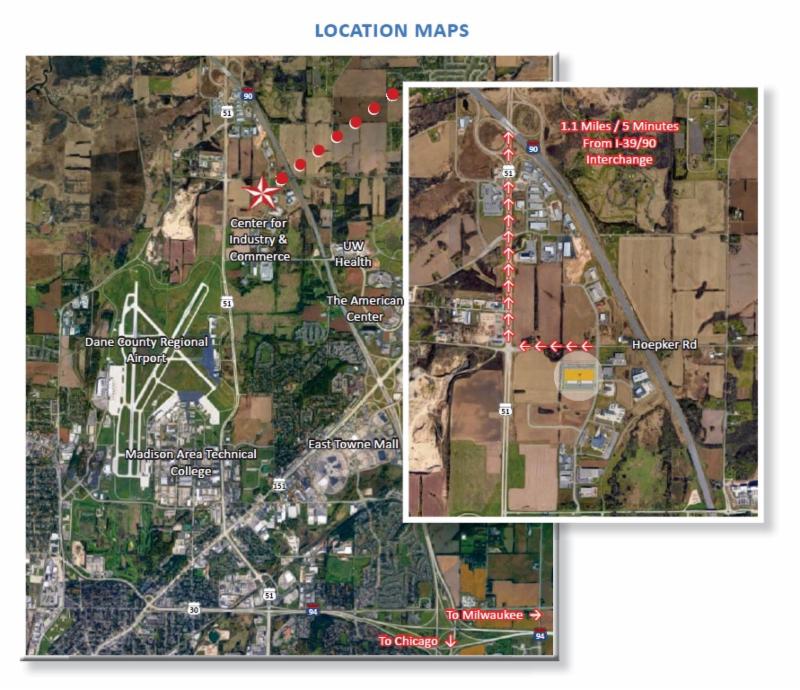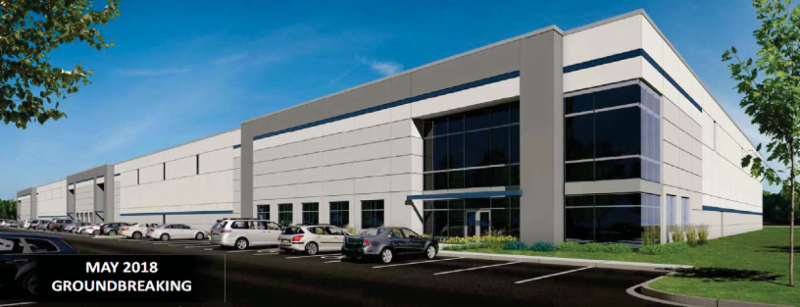Source: Abigail Becker | The Capital Times
Madison is flush with farmers’ markets, community gardens, community supported agriculture and unique projects liked FEED Kitchens. But some believe the lack of a wholesale market puts local food retailers at a disadvantage.
A majority of Madison’s local food production operates on a smaller scale, either through personal production of food or directly from the producer to the consumer, like farmers’ markets, according to Lindsey Day Farnsworth, a postdoctoral fellow for the UW Center for Integrated Agricultural Systems.
“What we really need to grow the local food economy isn’t just expanding retail infrastructure or growing more community gardens or expanding our number of CSA pick-up sites, we have to build wholesale infrastructure,” said Day Farnsworth, who is also a member of the Madison Food Policy Council.
Last Tuesday, Madison’s City Council approved up to $100,000 to study what a wholesale facility could look like in Madison. The funding was appropriated from the 2018 Healthy Retail Access program.
It is more challenging for independent food retailers, especially small grocery stores and ethnic markets, to meet minimum order requirements for distributors and source fresh products.
Day Farnsworth said food terminals, another way to describe wholesale markets, are a strategy used in other cities to support small food businesses. The facilities also have “cross-docks,” which help move fresh products quickly as a simultaneous pick-up and drop-off location.
A food terminal cross-dock facility could have the potential to boost market access for small farmers and food businesses, connect them to local and regional food supply chains and drive job creation and economic development in Madison, said Day Farnsworth.


 One of the top factors impacting location decisions that we hear from site selectors is the supply of buildings, which is no surprise considering the pace at which companies want to get new facilities up and running. In fact, Madison Region Economic Partnership (MadREP) has experienced this first-hand, with significant opportunities for our region being met with scarcity of space.
One of the top factors impacting location decisions that we hear from site selectors is the supply of buildings, which is no surprise considering the pace at which companies want to get new facilities up and running. In fact, Madison Region Economic Partnership (MadREP) has experienced this first-hand, with significant opportunities for our region being met with scarcity of space.
